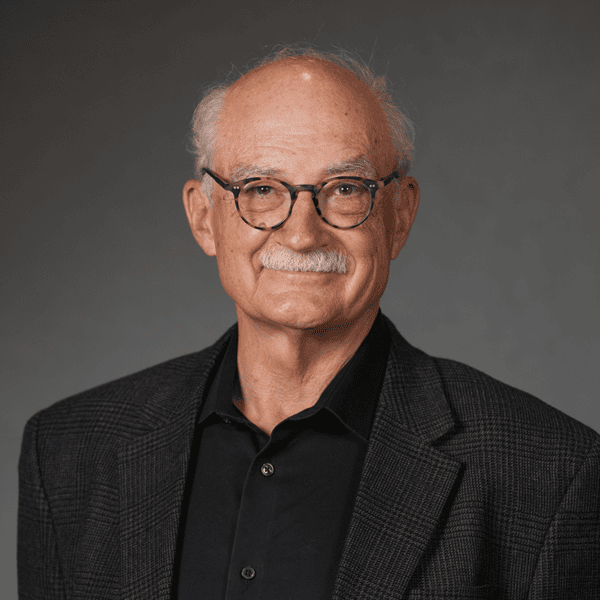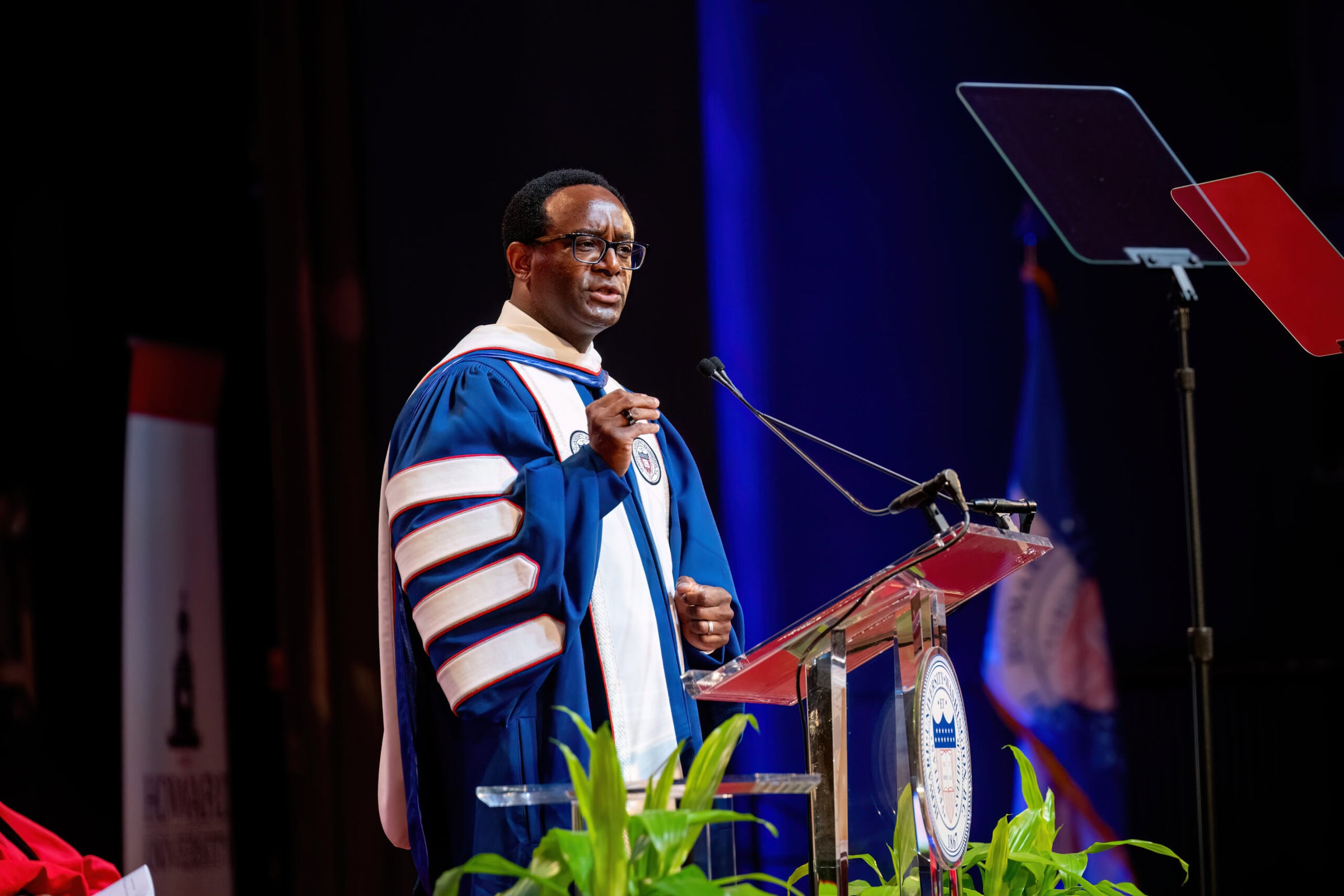In the Ukrainian television series (2015–19) and film (2016) Servant of the People, comedian Volodymyr Zelenskyy played a high school history teacher named Vasily Petrovych Goloborodko. When the school principal orders Goloborodko to dismiss his students from his history class (rather than from mathematics) so that they can help set up voting booths for the forthcoming election, Goloborodko rants to a colleague about corruption and incompetence in the government. During his obscenity-laced tirade, Goloborodko laments that the politicians know nothing of history, only mathematics: they can “multiply and divide,” that is, figure out their corrupt finances. Math receives respect because it is a science, but history, in contrast, is “dog shit.” His colleague replies that math and history, that’s like comparing a “prick to a finger.” A student secretly films this rant and posts it on YouTube. The video goes viral, leading the students to crowdsource his presidential candidacy, and Goloborodko is elected. Goloborodko then ends the episode proclaiming his straightforward truth: “Have a simple teacher live like a president, and a president live like a teacher. . . . I tell you this as a teacher of history.”
Servant of the People was fiction so powerful that the people of Ukraine went on to elect the writer/producer/star Zelenskyy the actual president of Ukraine. The truth of a teacher of history, apparently, was what the people of Ukraine needed. Never has a fictional historian gone so far. As a real historian, I am fascinated that Zelenskyy made the comic decision to transform an absent-minded, bicycle-riding, divorced history teacher who lives with his parents into a national hero because he speaks the truth. Fictional historians in the anglophone world do not usually come off that well. Think of the pedantic Rev. Edward Casaubon in George Eliot’s Middlemarch or the bitter, passive-aggressive, alcoholic associate professor of history George in Who’s Afraid of Virginia Woolf? by Edward Albee. In creating Goloborodko, Zelenskyy transformed a simple teacher of history into a truth-telling hero.
My grandfather began his career as a high school teacher, then a high school principal, and later the superintendent of schools. During the 1950s, a vocal chapter of the John Birch Society, a radical, ultraconservative anticommunist group, infected the semirural district he superintended. Their presence kept my grandfather in a defensive position about the school curriculum and his advocacy for the only substantial minority in the district, Mexican migrant workers who had found a home there. As a boy, I remember listening to him discussing politics with my father, both of whom thought the Birchers were a menace. But such was the Bircher clamor that I assumed they were a major political movement for a long time, and even as young as I was, I could see they were a bit cracked. By virtue of his position in the community, my grandfather had to listen to all sides, including the Birchers and the businesspeople who did not want to pay taxes. What he wanted was to listen to the students, honor their achievements, and prepare them for their futures, not haggle with ideologues or the selfish. But without giving in to fringe radicals, he still had to listen. He listened because the community and its children needed him, and he took satisfaction from meeting that need.
Never has a fictional historian gone so far.
Now our country needs historians. I tell you this as a teacher of history.
Our culture needs historians who can look behind today’s headlines and the latest “fake news” to think about longer patterns in the past, even as they engage in current struggles over interpreting it. What I recognize from my grandfather’s times to ours is not that there are still those willing to exploit the paranoid style and blind ignorance of the Birchers and the like for their own purposes, but that those who fought them in word and deed had to keep at it. That which they fought against is still with us, after all. Wayne LaPierre, CEO and executive vice president of the National Rifle Association, began his career as a John Birch Society fellow traveler rallying against alleged communists in American government, but since ideological communism has faded, he and his ilk have had to shift the object of their paranoia. That shift has not eliminated historical absurdities, such as LaPierre’s claim that the constitutional right to bear arms “is not bestowed by man, but granted by God to all Americans as our American birthright.” We need historians to remind our fellow citizens that it was not God who wrote the Constitution and its amendments but mere politicians meeting in committees.
Today, many historical absurdities come from those who want to suppress the study of slavery and racism in schools. Historians tend to begin their analysis of these topics with the proposition that there was a historical confluence between the 18th-century slave trade and the success of global capitalism. Trading in African slaves was enormously profitable, which led to unprecedented capital accumulation. Capitalism’s ideological companion, classical liberalism, so privileged the sanctity of property rights that its definition of liberty ignored the individual human liberty of whole classes of people—Indigenous people, the enslaved, women, and everyone else except for property-holding white males. Well-to-do entities from French banks and British corporations to American universities have benefited to this day from the profits of slave trading and slaveholding.
Those are simple facts that have constituted persistent historical structures. How these structures might contribute to ongoing patterns of racism requires interpretation, but there can be no interpretation if the facts are denied because they might offend some people. In addition, no one knows whether and how much history that echoes or derives from critical race theory (CRT) is being taught in K–12 schools. The rabid critics of CRT have not bothered to find out, because that would take some serious work, which they are unwilling and probably unable to do. To establish a factual basis for this controversy, the AHA’s Mapping the Landscape of Secondary US History Education project is researching what is being taught in public high schools about slavery, Reconstruction, and the history of race across all 50 states and Washington, DC.
Our country needs historians, and being needed has its satisfactions and obligations. There are innumerable mundane moments of being needed: driving a child to school, walking the dog, or helping students decide their future after they have discovered that medical school is unlikely to be part of it. The culture’s looming need for historians might seem less pressing than these repetitive needs of daily life, but the need is there, and some of the same satisfactions are in the offing.
In the United States, critics of honest history are coming for history teachers, as they already have in Turkey, Hungary, Poland, India, and Hong Kong.
In the fictional Servant of the People, a self-satisfied bureaucrat came for the history class; in the real Ukraine, Russia came for the whole country. In the United States, critics of honest history are coming for history teachers, as they already have in Turkey, Hungary, Poland, India, and Hong Kong. They come for us because they need us, even though they are unable or unwilling to recognize the need. We don’t know how this will end for America’s history teachers. Perhaps it will simply waste lots of precious time that could be devoted to educating students, or worse, some may lose jobs. The consequences of these fights probably will not match what has already happened abroad. But from Austin to Tallahassee, American culture needs history teachers.
As the Washington Post’s slogan states, “democracy dies in darkness.” We must not let that darkness fall over the truths of history. What is happening in some dark places to the teaching of history exhibits the costs of ignoring what an honest education can provide to a society and its citizens. Some of the critics of honest history might come in hate, but they all come in ignorance and with an unwillingness to recognize that history can never be reduced to a few simplistic pieties.
That is why historians are needed. I tell you this as a teacher of history.
This work is licensed under a Creative Commons Attribution-NonCommercial-NoDerivatives 4.0 International License. Attribution must provide author name, article title, Perspectives on History, date of publication, and a link to this page. This license applies only to the article, not to text or images used here by permission.


